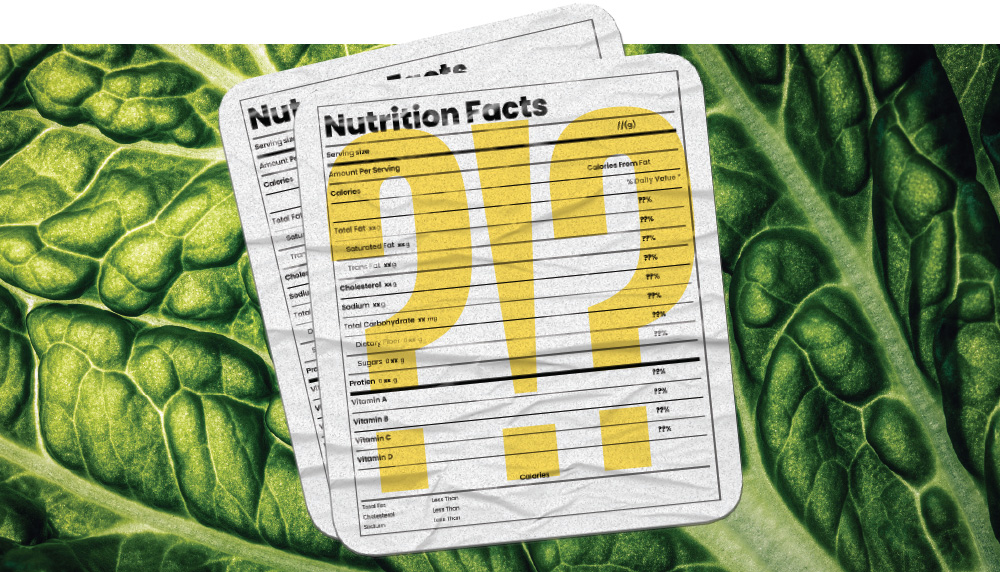Are Carbs Really That Bad? UI Dietitians Answer Your Nutrition Questions
 PHOTO ILLUSTRATION: NICK BEECHER
PHOTO ILLUSTRATION: NICK BEECHER

University of Iowa health and human physiology professors Kathy Mellen (95DI, 97MA, 07PhD) and Stephanie Borst start each semester of their Nutrition and Health course with an inquiry to students: “What is your burning nutrition question?”
Over the years, the registered dietitians have helped answer many questions about healthy eating choices. Here are a few of the most common.
How much water do I need?
Water needs vary from person to person and also within the same person from day to day. Your water needs depend on a variety of factors including the types of foods consumed, environmental conditions such as temperature and humidity, physical activity level, and overall health. Our fluid needs don’t only have to be met by drinking water. Beverages we consume—including tea and milk—contribute to our total fluid intake. Foods, especially fruits and vegetables, also provide us with water. Drinking water with meals and when thirst occurs is generally sufficient to meet most adults’ fluid needs.
Are carbohydrates bad for me?
Carbohydrates are an important fuel source for our body. We prefer to say there are no “good” or “bad” foods, but rather foods we should consider having more often and others in moderation. Choosing whole food sources of carbohydrates—such as vegetables, fruits, whole grains, and legumes—is encouraged. These foods provide us with several health benefits due to their vitamin, mineral, and fiber content. Fiber is beneficial for gastrointestinal and cardiovascular health. Additionally, balancing your carbohydrates with protein in your meals and snacks will help maintain good blood sugar control.
Processed forms of carbohydrates, such as those made with added sugar or enriched flour, lack vitamins, minerals, and fiber compared to whole food sources. These types of carbohydrates also don’t keep us full and satiated, often leading to consuming portion sizes bigger than what we need. Individuals might consume these foods in a social setting or choose them because they are tied to memories or craved from time to time. It is important that we don’t make strict food rules for ourselves, so have cake at the birthday party, and also fill your grocery cart and kitchen with more whole food carbohydrate sources.
Can someone following a vegetarian diet get enough protein?
Yes, individuals who follow a vegetarian eating pattern can meet their protein needs. As with any eating pattern, the key is to include a variety of foods that provide numerous nutrients. Protein is an important nutrient but so are carbohydrates, fats, vitamins, and minerals. Protein is provided by a variety of foods that may be part of a vegetarian eating pattern. Vegetarians who consume milk, yogurt, and eggs are obtaining protein from these foods. There are also plant-based protein sources including tofu, beans (such as black beans or garbanzo beans), and nuts and seeds.
Plant-based proteins provide us with several health benefits. Even if someone does include meat in their diet, it is advantageous to also include a variety of plant-protein sources. Replacing some animal-based proteins with plant proteins can increase fiber intake and reduce saturated fat intake. Some quick and easy ways to incorporate plant proteins into your diet include dipping vegetables into hummus, adding beans to a salad, or mixing nuts or seeds into yogurt or cereals.
